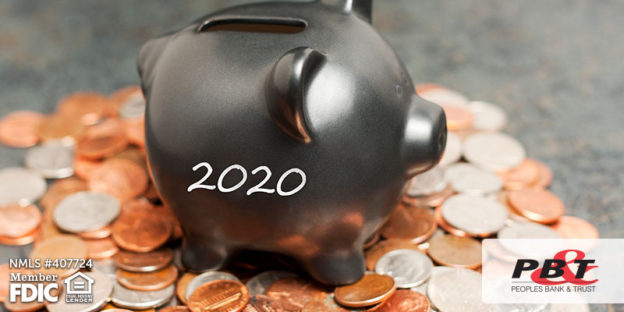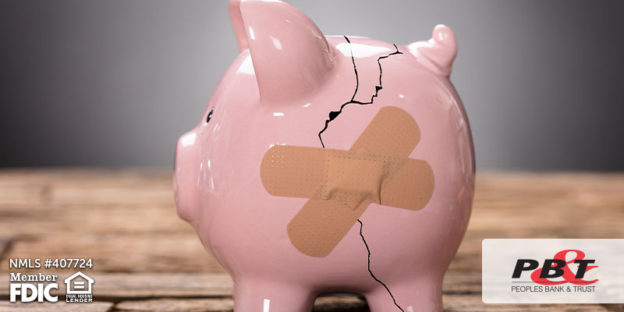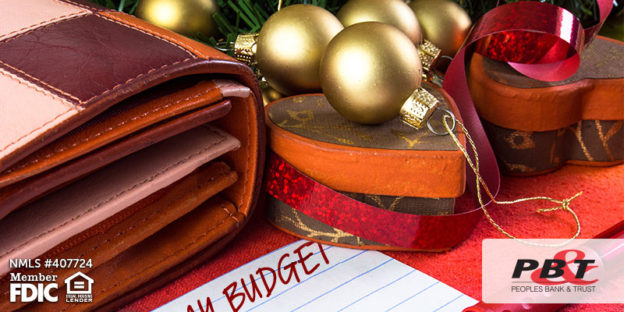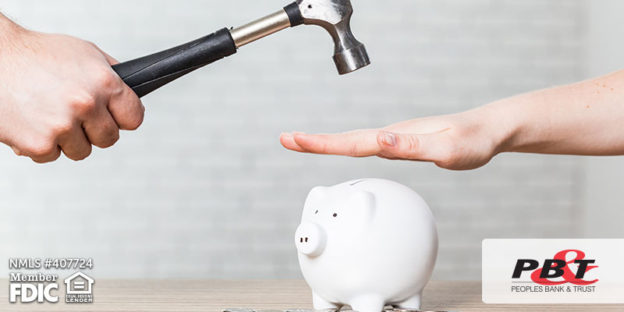Retirement may seem far away or coming soon to you. Either way, you likely have some questions as many people do. Today, we will tackle some of the most common questions.
What is an IRA?
IRA stands for Individual Retirement Account. The purpose of it is to help people save for retirement through their paychecks. The two types of IRAs are Traditional and Roth.
Traditional: With a Traditional IRA, you are able to put pre-tax dollars away for retirement, which will later be taxed upon withdrawal.
Roth: With a Roth IRA, you pay taxes each year, but will not pay taxes at withdrawal.
How much can I contribute?
You may contribute less than 100 percent of your income but no more than $6,000 if you are under the age of 50 or $7,000 if you’re over the age of 50 for tax year 2019 and 2020.
Can I borrow money from my IRA?
The answer is yes and no. While the IRS does not want you to borrow money from the IRA, you are allowed to take money out and convert it to another retirement account. This must be done within 60 days of withdrawal from the IRA.
Who can have an IRA?
Any person who has earned income can have an IRA. Even if you already have a 401k through your employer, you can still contribute to your own.
Can I have both a Traditional IRA and a Roth IRA?
Yes, you can have both. However, you are still subject to the same overall contribution limit. It would need to be divided up over the two accounts.
Can I move my assets from my employer-sponsored plan to my IRA?
Yes, you can move your assets in this way. However, you cannot move your IRA assets into your employer’s plan.
Is there a penalty for withdrawing early?
If you choose to withdraw before the required age of 59 ½, your funds will be subject to a 10 percent tax penalty. However, there are some exceptions to this that you can learn more about here.
Your retirement is too important to not have all of your questions and concerns answered. Meet with us to learn more about your retirement options and how to get your finances set up for success.
Peoples Bank & Trust Co.
Member FDIC
Equal Housing Lender











